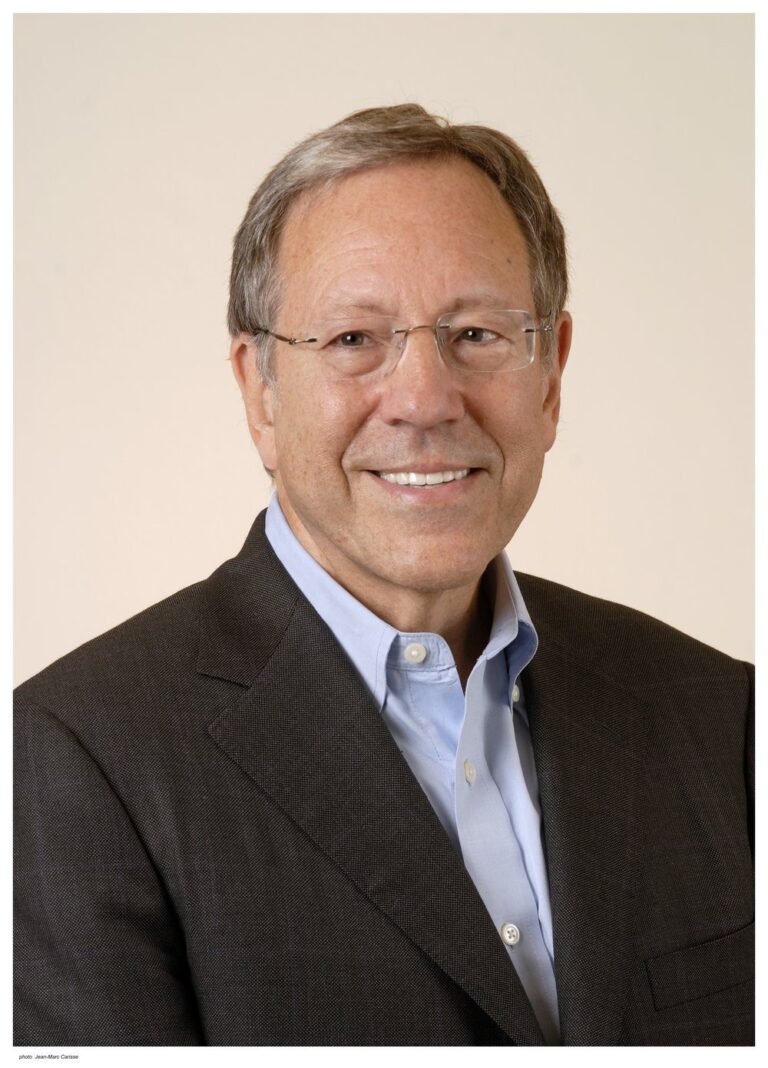As Israelis and Arabs emerge from the war in Lebanon, a booming diamond exchange in this Arab country 1,300 miles away is hard proof that some Arab-Israeli ties have survived despite the region’s tensions.
The two-year-old Dubai Diamond Exchange has put the Gulf emirate squarely inside a global business dominated by Jewish traders. And that, inevitably, means trade ties with Israel, another world diamond hub.
‘‘There has been no visible platform for Arab-Jewish cooperation since the 1960s,” said Chantal Abboud, Beirut-based representative of Antwerp’s diamond industry in the Middle East. ‘‘Now, Dubai has created it.”
Israeli Diamond Exchange president Avi Paz says diamonds and hospitality flow freely between Israel and Dubai.
‘‘We came there, they came here. There is no problem at all,” Paz said in Tel Aviv. ‘‘I wish that wherever I go, they’ll host me like they hosted me in Dubai.”
Officially at least, the Emirates still enforces some aspects of the Arab League’s boycott with Israel, although a government official said most restrictions were dropped long ago. There are no direct flights to Israel and visitors traveling on Israeli passports are rarely allowed to enter.
Israel has peace treaties with only two Arab states, Egypt and Jordan, and in the Gulf, says Abboud, the Emirates is an exception as the only Arab country to allow Jewish diamond dealers to visit and trade openly, albeit on non-Israeli passports. Nearby Qatar also keeps discreet ties with Israel.
The 34-day summer war in Lebanon, between Hezbollah and Israel, dulled sales in Dubai’s diamond markets but only temporarily, industry officials say.
‘‘People don’t mix conflict with business. The war will not affect the diamond trade in any lasting way,” said Abboud.
The relationship was highlighted in March, when controversy arose over Dubai Ports World assuming the management of U.S. ports. At the time the chairman of Israel’s merchant fleet told U.S. senators that his ships called often at DP World-owned ports in Dubai and worldwide, and faced no problems.
The Dubai Diamond Exchange, the Arab world’s first diamond bourse, seeks to serve the largely untapped but diamond-hungry Gulf market – the world’s third largest for diamond jewelry, traders say.
So far, the exchange’s tax-free transactions have coaxed more than 250 diamond dealers to become members, including Jewish-Americans, Belgians, Indians – even Israelis with dual nationality, said Noora Jamsheer, the exchange’s chief executive.
‘‘Dubai is quickly growing to become a very important center for diamonds,” Ernest Blom, president of the World Federation of Diamond Bourses, said by phone from Jerusalem.
The good Arab-Jewish vibes extend across the Atlantic. In June, The largely Jewish New York Diamond Dealers Club on Manhattan’s 47th Street feted Ahmed bin Sulayem, deputy chairman of the Dubai Diamond Exchange, for his contribution to the industry.
Last year the Emirates became the fifth largest diamond importer from Belgium, with a 49 percent jump in demand. Belgium handles 80 percent of the world’s rough diamonds.
Only the United States, Hong Kong, Israel and Switzerland were ahead of Dubai, according to HRD, the organization representing Antwerp’s diamond industry.
Some view Dubai’s emergence on the diamond scene as a challenge to Antwerp, the traditional center of the world’s diamond industry.
In February, HRD submitted recommendations for staying competitive. It said new regulations, designed in part to stop the use of diamonds to finance African wars, were choking Antwerp’s profits.
Traders say Dubai has less red tape and is closer to the expanding Chinese, Arab and Russian markets.
It also competes directly with Antwerp, serving as a gateway for India’s burgeoning diamond output. For example, Rosy Blue diamonds, a leading Antwerp-based business, is considering moving its headquarters to Dubai, said Pearl Chandrawansa, who heads the company’s Dubai operations.
‘‘So many questions are being asked in Antwerp, people are getting fed up and looking at Dubai as an alternative,” Chandrawansa said.
HRD spokeswoman Abboud agreed that it is easier to ship diamonds through Dubai. But officials here insist their policies are not lax.
‘‘The same rules applied in Antwerp are applied here,” said Jamsheer. ‘‘We closely monitor traders in Dubai, though we don’t publicize it.”










